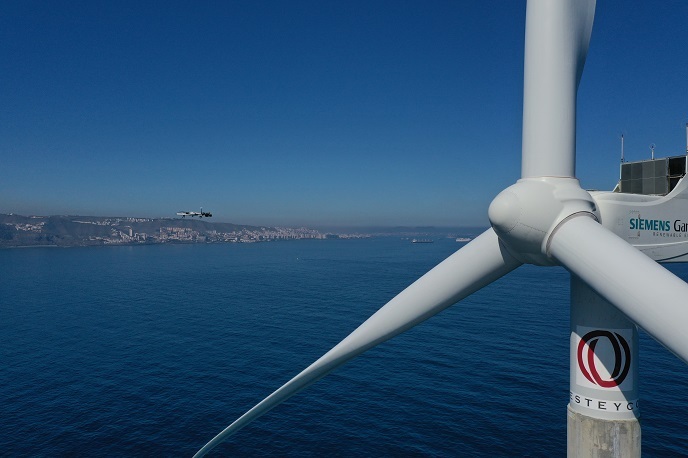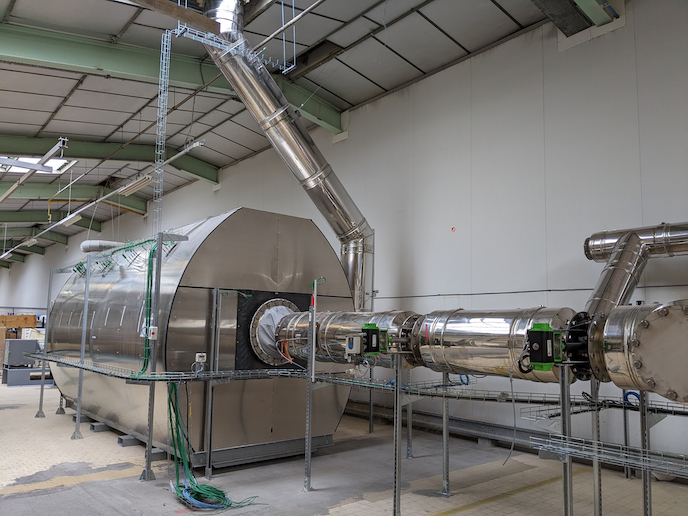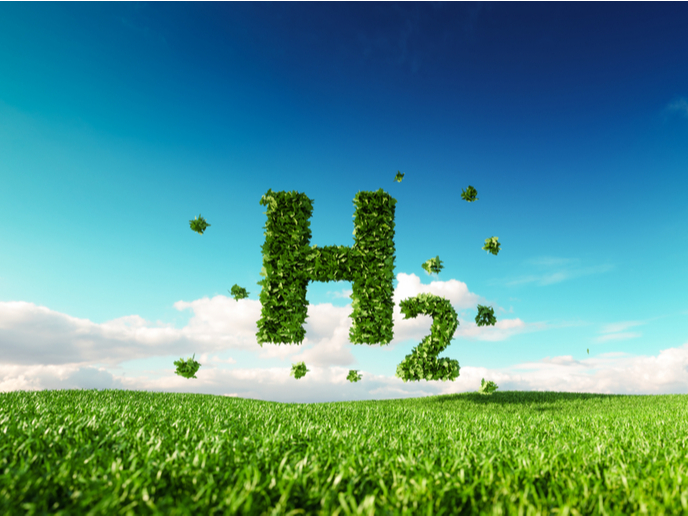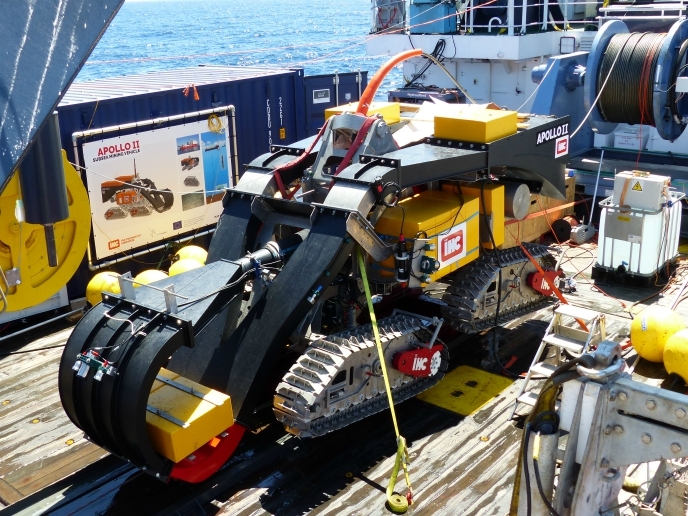Developing next-generation eco-friendly furnaces
Intense heat is required to process many different materials, including aluminium, glass, ceramics and cement. These materials are used in vehicles, buildings, appliances and electronics, making an important contribution to the European economy. The furnaces typically used are in need of modernised materials and designs to meet today's standards of reduced energy consumption, emissions and waste generation. The EU-funded EDEFU (New designs of ecological furnaces) project set out to deliver real-scale demonstrators. Project members investigated three novel heating systems, innovative insulating materials and new recovery systems to minimise heat loss and gas emissions and increase productivity. They explored plasma, electrical resistance and microwave heating. This led to outcomes on energy efficiency, environmental impact and economics of the three integrated hybrid heating technologies. To reduce heat losses through furnace walls, scientists investigated insulating materials. They developed nanoparticles and nanofibres to achieve lower thermal properties for better insulating materials. Scientists also designed novel recovery systems and methods to optimise the use of raw materials, boost productivity, and minimise smoke and carbon dioxide emissions. An aluminium industrial furnace demonstrator and prototypes for glass, ceramic and cement furnaces were developed and successfully validated in real-world industrial settings. By developing an innovative furnace cleaning system that reduces soaring emissions and energy consumption connected with daily operations, EDEFU has ushered in a new era of eco-friendly businesses. These next-generation furnaces address the needs of the energy-intensive aluminium, glass, ceramic and cement industries, enabling them to be more competitive in the process.
Keywords
Industrial furnaces, heating, ecological furnaces, thermal management, insulating materials







